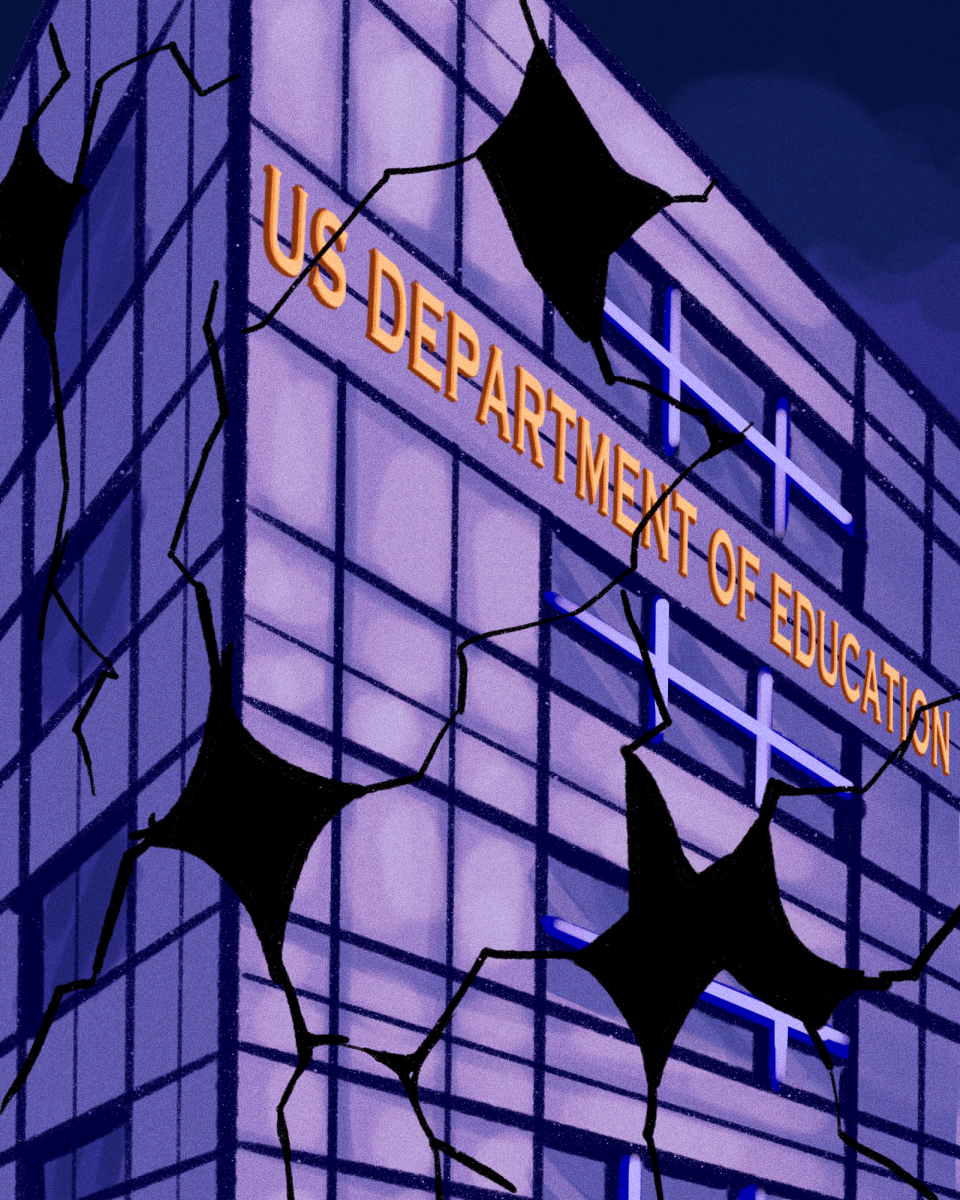A federal appeals court allowed the Trump administration on March 14 to enforce an executive order that prompted the U.S. Department of Education to create guidance prohibiting “illegal” diversity, equity and inclusion policies in educational institutions.
Texas Senate Bill 17, which went into effect in January 2024, prohibited DEI offices and training in Texas public colleges and universities, meaning UT already complied with many of the new federal directives. However, the new guidance provided additional requirements not explicitly covered by SB 17, which universities must follow or risk losing federal funding.
Unlike SB 17, the federal DEI guidance could apply to university curricula, said Amalea Smirniotopoulos, senior policy counsel of the Legal Defense Fund, a legal organization for racial justice associated with the National Association for the Advancement of Colored People (NAACP).
The guidance stated that “extreme practices” at the university level, including mandated courses “designed to emphasize and focus on racial stereotypes,” are forms of “school-on-student harassment” subject to Title VI, which prohibits the use of federal funds for racially discriminatory practices. Much of the federal DEI guidance remains unclear, as it does not define DEI or clarify what DEI practices are illegal, Smirniotopoulos said.
The DEI guidance, which includes the Department of Education’s Feb. 14 Dear Colleague letter and Feb. 28 frequently asked questions document, prohibits any initiative that treats students differently based on race in federally funded educational institutions. Under Title VI, the federal government can withhold funds from institutions that fail to comply.
A federal judge temporarily blocked the enforcement of most parts of Trump’s anti-DEI executive orders on Feb. 21. The ruling followed a Feb. 3 lawsuit, which argued the orders failed to define key terms such as “illegal DEI” and would violate free speech. The appeals court lifted the block in March based on the likelihood that the orders do not directly violate free speech.
A UT System spokesperson said its institutions comply with state and federal laws.
Anyone who wishes to report a school for discrimination can file a complaint through the Department of Education’s Office of Civil Rights. The office will attempt to negotiate a voluntary resolution agreement with the school before potentially referring the case to court, according to the FAQ.
Karma Chávez, a professor and the department chair for Mexican American and Latina/o Studies, said she is concerned about the implications of federal DEI guidance on courses like hers, which cover topics related to LGBTQ+ populations, populations of color and social movements.
“Someone who doesn’t actually understand the difference between DEI and academic curriculum … could report me and put me, my department or the whole institution under investigation,” Chávez said. “It creates a chilling effect, and it’s a real threat to our educational liberty: the freedom to teach and learn, which has been a bedrock value of higher education for well over 100 years.”
However “blatantly racist and discriminatory” the government will continue to be about what it wants omitted from higher education, the community will find ways to resist, said Mariah Adeeko, director of communications for the Queer and Trans BIPOC Agency, a student organization formerly housed within the Multicultural Engagement Center prior to its closure after the implementation of SB 17.
“All (the government) is doing is cutting out more work for us to do, and we’re going to do that work because without doing that work we’re giving the state what they want,” said Adeeko, a rhetoric and writing senior. “It wouldn’t be of character for the staff and students at UT Austin to let the state get away with (restrictions on the classroom).”



















